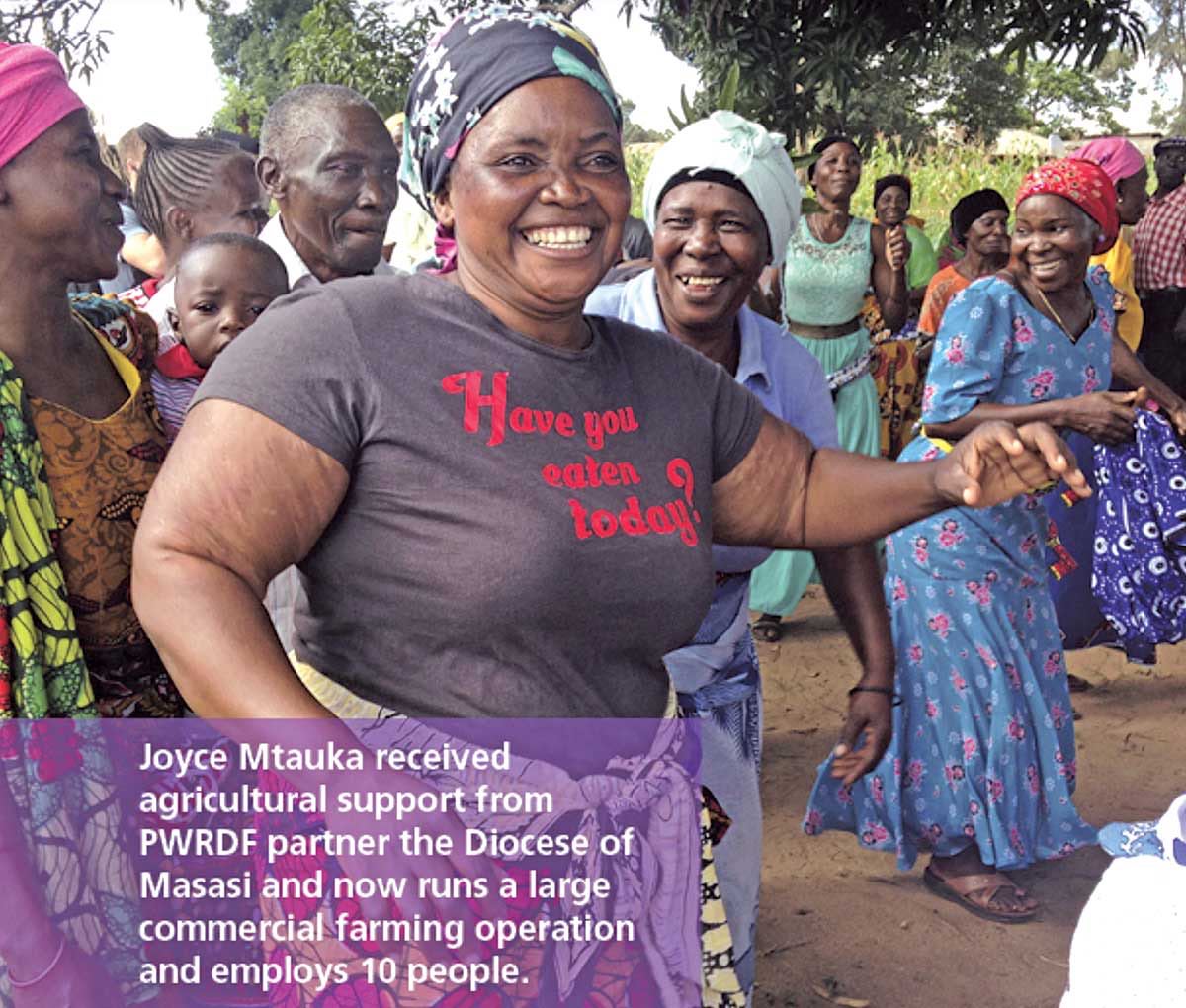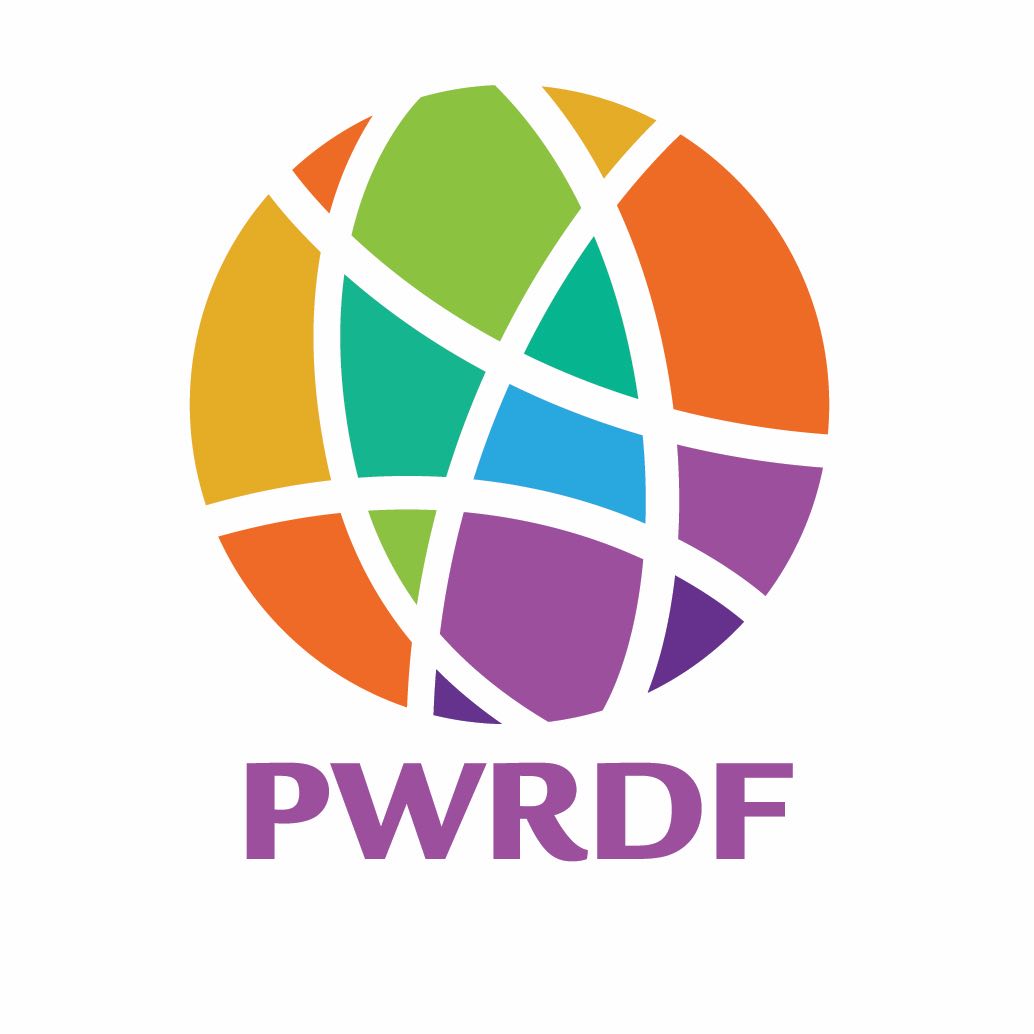As the expression goes, “in a nutshell” the goal of PWRDF is to address poverty, gender injustice, and environmental exploitation through programs targeting food security, preventative health and health care, and sustainable development, while also maintaining support for refugees, and responding to emergencies. While I have managed to condense all of that into one sentence, the reality is that PWRDF programs are multi-faceted, far-reaching, and sustainable. Many of our partner initiatives address more than one of our goals in the same project. Staff continually seek out partners whose mandate matches ours and who have a proven track record. The following are are just a few examples.
In 2012, PWRDF partnered with the Anglican Diocese of Masasi on a five-year nutrition and food security program: the Community Health Improvement Program, nicknamed CHIP. Joyce Mtauka was one of the first beneficiaries, receiving better seeds to improve her subsistence farming operation and, more importantly, education about better farming practices. She has gone from being hungry to having a commercial farming operation. She is happy to share what she has learned with other farmers throughout the region. I have heard it said that a whole village benefits when women succeed, and Joyce Mtauka is a perfect example of that; she uses her newfound prosperity to help her sisters support their children by taking them into her home, she and is also caring for some local orphans. In 2017 she had six children living with her—none of them her own. (This information was adapted from an article by Andre Forget, June 16, 2017)
Our Maternal, Newborn, and Child Health and All Mothers and Children Count programs were holistic initiatives targeted at improving infant, child and maternal mortality rates by teaching such things as hygiene, health practices, nutrition, and food security practices, by training Community Health Workers, and providing and promoting basic health services. Our partners are: Partners in Health (Rwanda), Village Health Works (Burundi), EHALE (Mozambique) and the Diocese of Masasi (Tanzania). All worked tirelessly, and all have countless individual success stories. Those programs have benefitted well over a million people.
The Goat Seed Project was designed to supplement the small stipend received by Community Health Workers (CHW) and is based on a sustainable “Passing On A Gift” model. In Malawi, CHWs receive three female goats which are bred with a community-owned male goat, offspring are passed on to other CHWs. Goats are kept in raised pens, and manure which falls through the floor is used to fertilize the vegetable gardens. Training is provided in how to care for the goats, and one of the CHWs is also trained as an animal health worker.
Check out the many wonderful stories of how you are answering God’s call to love your neighbour by supporting PWRDF at: pwrdf.org. Thank you!


